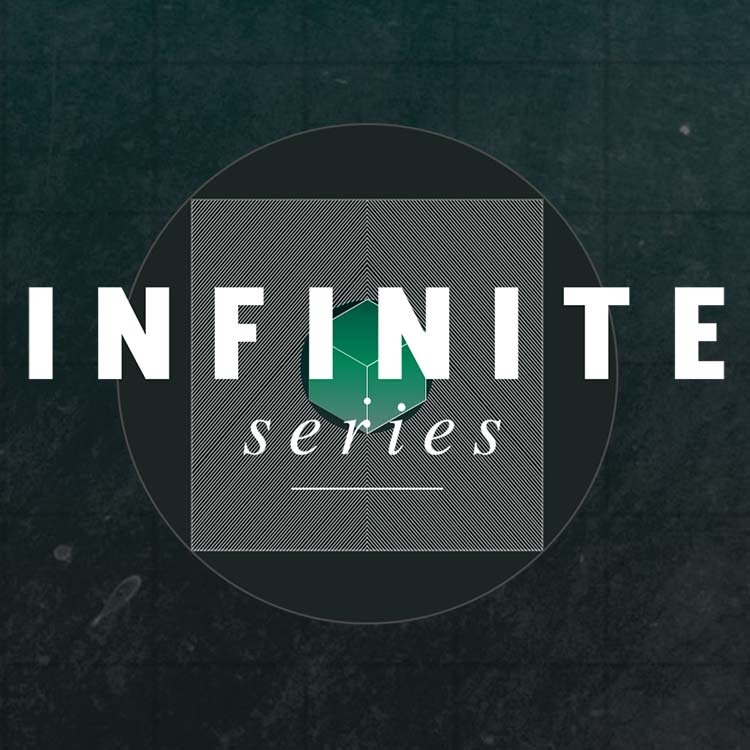2017-10-19
[public] 913K views, 24.5K likes, 1.19K dislikes audio only
Viewers like you help make PBS (Thank you 😃) . Support your local PBS Member Station here: https://to.pbs.org/donateinfi
What if the foundation that all of mathematics is built upon isn't as firm as we thought it was?
Note: The natural numbers sometimes include zero and sometimes don't -- it depends on how you define it. Within logic, zero is always included as a natural number.
Correction - The image shown at 8:15 is of Netwon's Principia and not Russell and Whitehead's Principia Mathematica as was intended.
Tweet at us! @pbsinfinite
Facebook: facebook.com/pbsinfinite series
Email us! pbsinfiniteseries [at] gmail [dot] com
Previous Episode
How to generate Pseudorandom Numbers? | Infinite Series
Mathematics is cumulative -- it builds on itself. That’s part of why you take math courses in a fairly prescribed order. To learn about matrices - big blocks of numbers - and the procedure for multiplying matrices, you need to know about numbers. Matrices are defined in terms of - in other words, constructed from - more fundamental objects: numbers.
References::
Probability website mentioned in comments: http://people.ischool.berkeley.edu/~nick/aaronson-oracle/index.html
https://plato.stanford.edu/entries/philosophy-mathematics/
https://plato.stanford.edu/entries/logicism/
Ernst Snapper :: https://www.maa.org/sites/default/files/pdf/upload_library/22/Allendoerfer/1980/0025570x.di021111.02p0048m.pdf
Philosophy of mathematics (Selected readings) edited by Paul Benacerraf and Hilary Putnam
Written and Hosted by Kelsey Houston-Edwards
Produced by Rusty Ward
Graphics by Ray Lux
Assistant Editing and Sound Design by Mike Petrow
Made by Kornhaber Brown (www.kornhaberbrown.com)
Thanks to Matthew O'Connor and Yana Chernobilsky who are supporting us on Patreon at the Identity level!
And thanks to Nicholas Rose and Mauricio Pacheco who are supporting us at the Lemma level!
/youtube/video/C82JyCmtKWg
/youtube/video/bG7cCXqcJag
/youtube/video/KTUVdXI2vng?t=0
/youtube/video/KTUVdXI2vng?t=43
/youtube/video/KTUVdXI2vng?t=180
/youtube/video/KTUVdXI2vng?t=320
/youtube/video/C82JyCmtKWg
/youtube/channel/UCs4aHmggTfFrpkPcWSaBN9g
https://www.patreon.com/pbsinfiniteseries

